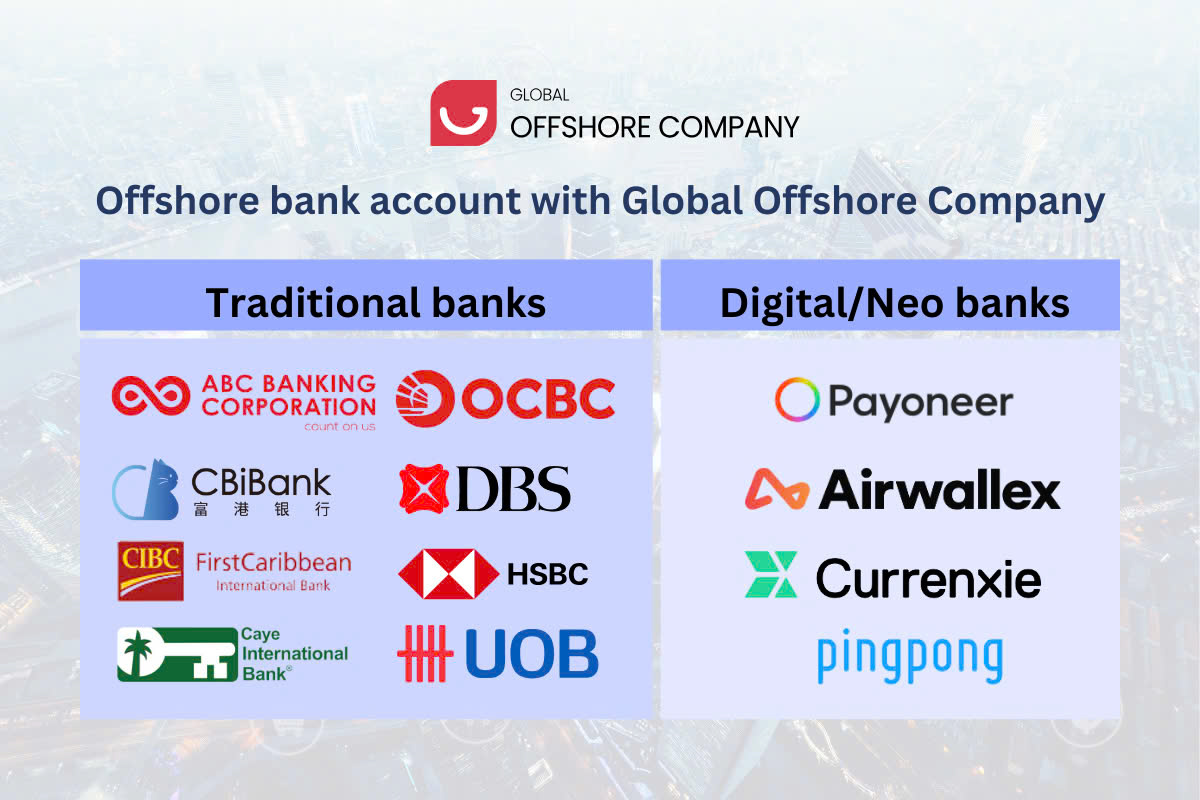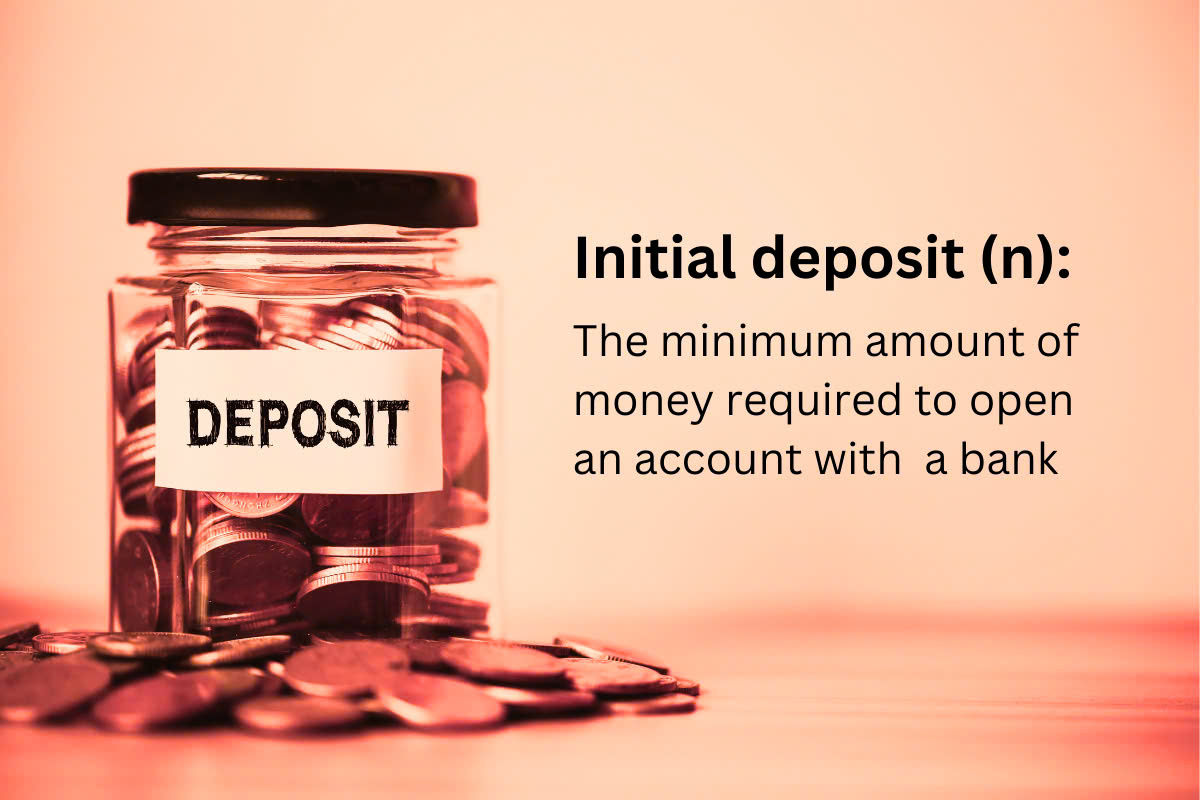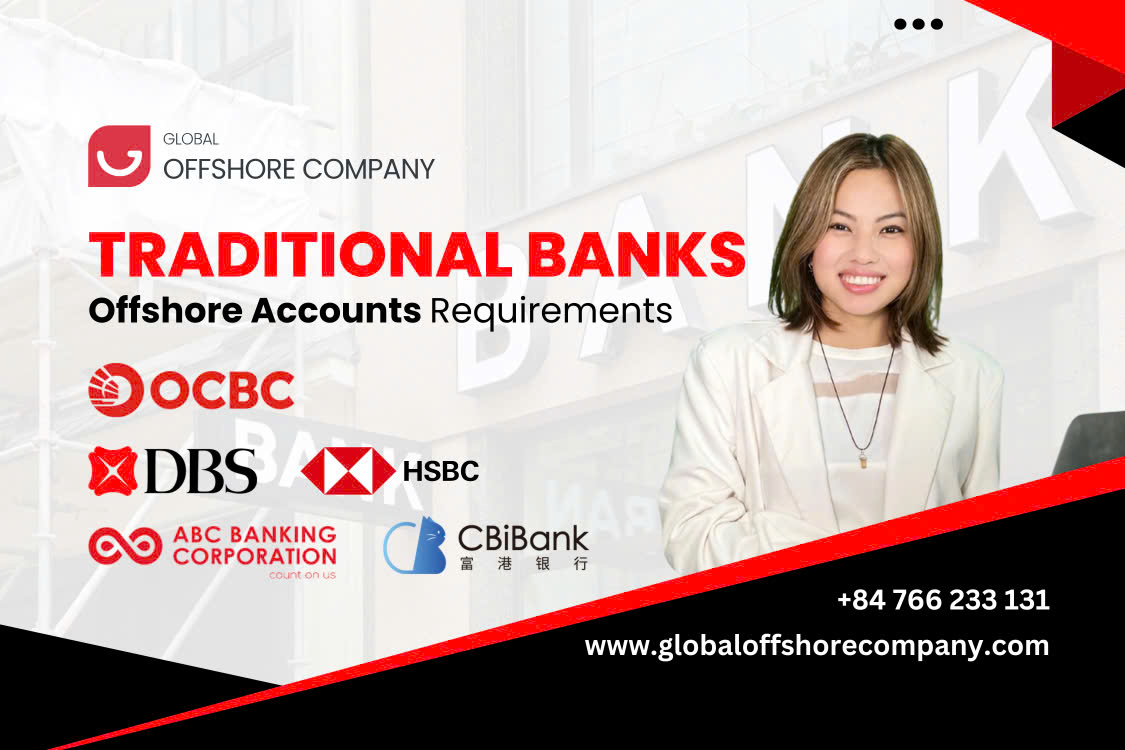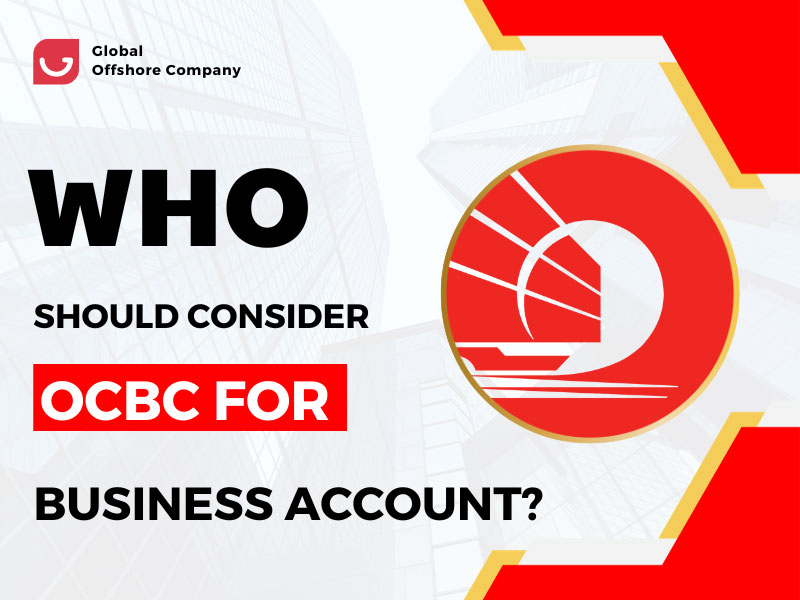OFFSHORE BANKING: Requirements for Offshore bank accounts
The need for offshore banking services has grown significantly. Whether seeking international payments, asset protection, or tax optimization, many individuals and businesses are turning to offshore accounts to meet their financial goals. However, opening an offshore account with a traditional bank is not easy. These institutions impose stringent requirements to ensure regulatory compliance and mitigate risks like tax evasion or money laundering problems.
In this guide, we will explore the key elements traditional banks scrutinize when vetting offshore account applicants, equipping you with the knowledge needed to successfully navigate the offshore banking landscape for traditional bank accounts.
1. What is an offshore bank?
An offshore, or overseas bank account is an account that you have in a country that you don't reside in. An offshore bank is operated and regulated under an international banking license (often called offshore license). These banks can be located in any country, they have licenses to hold and transfer money internationally and are able to open the account for offshore entities which are companies that operate in one country and incorporated in another company. These offshore banks do have multiple features like internet banking, debit or prepaid cards,..offering a convenient way for your business activity.
Below are key benefits of offshore account:
- Tax-efficient savings and investments in various currencies
- Easy approach to global banking services: manage foreign exchange easily, hold money, make and receive payments in multiple currencies, payment gateways
- Good option for asset protection and keep money secure, especially in some banks in Singapore or Switzerland
- Multiple features like internet banking, debit or prepaid cards.

2. KYC documents to open offshore accounts:
Although many traditional banks accept to open offshore bank accounts for businesses that have verified financial strengths from existing business experience and startups with funds secured from established venture capitals, there are several traditional banks that still accept SMEs and startups for offshore banking like CB International Bank in Puerto Rico, or Caye International Bank in Belize.
Offshore bank procedure takes about 1-2 months and requires a lot of KYC documents to open the bank account following the AML regulations and risk compliance procedure
KYC documents for bank application include:
- Personal documents (passport, address proof and contact information) of directors/shareholders and appointed signatories.
- Corporate documents: COI, M&A, Incumbency, Company’s structure,...
- Detailed business activities, company’s website, annual turnover, number of transactions, transaction amount, countries of payments
- Source of funds: Personal bank statement in the last 3 - 6 months. Banks will want to understand the client's source of wealth and how the funds for the account were obtained.
- Application Forms: Clients will need to complete extensive account opening forms providing personal, financial, and tax-related information.
- Proof of business from suppliers and customers with an online presence (website, brochure, linkedin) like contracts, invoice, bill landing or at least mail correspondence with partners/ customers; or at least a clear description of the ways you reach out to your clients: Social media, advertisement, network, event, etc.
3. Top offshore banks and their requirements
Traditional banks must comply with the rigorous anti-money laundering (AML) policies enforced by the governments. Therefore, they implement a strict money laundering policy to all clients, especially for offshore bank accounts. Most of the traditional banks, like CB International Bank in Puerto Rico and ABC Banking in Mauritius, for example, have stringent AML compliance measures that are closely aligned with government regulations.
Although CBi and ABC banks do accept personal international wire transfer, they often consider personal wire transfer as a high risk of money laundering activities and mostly accept wire transfer from a business account only. Consequently, businesses that primarily receive payments from personal wire transfers may face account rejection or unwanted offshore account closure as the banks may concern about the source of money as a potential money laundering risk.
To mitigate these risks, businesses should explore alternative payment methods that align more closely with AML practices. This may include facilitating transactions through business wire transfer or leveraging specialized payment solutions offered by the banks such as merchant services or payroll systems.
Such banks like OCBC and HSBC also support these services like merchant services and payroll solutions, which can offer a more streamlined and AML-compliant approach to managing their financial operations to reduce the risk and unfortunate account closure.

3.1. OCBC in Singapore
OCBC Singapore was formed in 1932, to provide comprehensive financial services to corporates, government agencies and financial institutions and SMEs. OCBC is consistently ranked amongst the top three "safest banks in the world" by the magazine Global Finance in 2022.
OCBC Singapore accepts to open offshore business accounts. However, they prefer trading/consulting businesses that have nexus with China and Singapore. These businesses must have strong financial strength and history with relevant proofs with the monthly revenue from 100,000 - 200,000 USD.
OCBC Singapore will ask for the Background information & industry experience of the owners to verify the background, network, and experience in the industry of the owner.
- Initial deposit: USD 30,000
- Account opening fee: USD 2,000
It takes 1-2 months to open an offshore bank account with OCBC, the process can be done online with procedures including prequalification, application, compliance check, video meeting verification, and once pre-approved OCBC will arrange for a meeting to sign forms and certify documents to complete the process.
3.2. HSBC and DBS in Hong Kong
Established in 1865 to finance the growing trade between Asia and Europe, HSBC has become the biggest bank incorporated in Hong Kong. Awards and Accolades:
- Metro Finance Hong Kong Leaders' Choice Brand Awards 2024
- HKQAA Hong Kong Green and Sustainable Finance Awards 2023
- Outstanding Award for Green and Sustainable Loan Structuring Advisor (Conglomerate)
Similar to HSBC, DBS Hong Kong is also among the top banks in Hong Kong. DBS Hong Kong is a subsidiary of DBS Singapore, which has been accorded the “Safest Bank in Asia” award by Global Finance for 15 consecutive years from 2009 to 2023.
HSBC và DBS Hong Kong prefers HK companies (trading/consulting sectors) that have good financial strength (transaction valued at 50,000 USD) with history and relevant proofs. Those that have a strong nexus with Hong Kong and China, or have a physical presence with offices in Hong Kong will have a higher chance of approval.
HSBC requires an initial deposit of HKD 10,000; meanwhile, DBS requires an initial deposit of HKD 200,000.
The processing time takes 1-2 months and can not be done remotely. You have to visit their office in Hong Kong for a face to face interview in order to open the bank account.
3.3. ABC Banking in Mauritius
Established in 2010, ABC Banking (https://www.abcbanking.mu/ ) is a part of the ABC Group, a conglomerate with diverse operations namely in automobile, foods, maritime services & logistics, banking and financial services in Mauritius. ABC Group is amongst the Top 100 business organizations in the Indian Ocean region.
ABC banking has a head office in Mauritius and has representative offices in Hong Kong and Dubai. However, they do not support B2C transactions, they only support B2B transactions.
ABC accepts to open accounts for normal businesses (trading, consulting, service company) with good financial strength with history and relevant proofs and personal accounts for individuals that have high incoming funds that are not in the restricted list like Russia, Myanmar, North Korea, Afghanistan, etc.
Initial deposit for the business account is 15,000 USD and 100,000 USD for the personal account.
They can issue debit cards and all processes can be done online with a 1-2 months process.
ABC Banking do not prefer onboarding businesses with frequent payments from individuals. B2B businesses are most preferred.
3.4. CB International Bank in Puerto Rico, US
CB International Bank is established under the International Financial Entities Act of the Commonwealth of Puerto Rico (Act 273/2012), United States of America. They are audited and regulated by the OCIF and is a full member of the US Federal Reserve System.
CB International bank accepts to open offshore bank accounts for normal business lines, even startups, except for crypto currencies and gambling industry. This bank also accepts to receive certified cheques in some cases. However, they prefer B2B businesses to B2C businesses.
They do not offer services for Iran, Cuba, Sudan, The Democratic Republic of the Congo , Libya, North Korea, Syria, Somalia, Belarus, Burundi, Russia, Yemen, Iraq, Central African Republic, South Sudan, Crimea, Ukraine, Zimbabwe, Lebanon, The Republic of Guinea-Bissau, Iraq, State of Eritrea, Afghanistan, Myanmar
CBiBank requires an account opening fee paid upfront valued from 900 USD ~ 4000 USD for bank application.
The process for offshore bank account application can be done online, the bank will need you to make payment beforehand, send bank application, submit video for verification purpose and have a direct interview via call for compliance check. However, if your business is rejected, CBiBank will refund this source of money.
CBi Bank also restricts international money wires from individuals, similar to ABC Banking Mauritius.
Conclusion:
Offshore banks can provide a range of strategic benefits for individuals and businesses operating in the global marketplace. These financial institutions, located outside of one's home country, offer unique advantages that can optimize tax planning, enhance asset protection, and facilitate access to specialized financial services and investment opportunities.
When exploring offshore banking options, it is crucial to carefully select an institution that aligns with your specific needs and characteristics. Factors to consider include the bank's experience in your industry, the range of services offered, compliance with regulations, and the overall reputation and stability of the institution.
It's important to note that each offshore bank may have different policies and requirements. Some may cater to high-net-worth individuals and businesses with high turnover, while some can accept small-to-medium enterprises. Understanding these nuances is key to finding the right offshore banking partner.
If you're seeking to leverage the benefits of offshore banking, Global Offshore Company is here to provide direct support and guidance. We can help you navigate the selection process, ensure compliance with all relevant regulations, and connect you with the offshore banking solutions that best fit your unique requirements.
Global Offshore Company - unlock a world of strategic advantages to support their global operations, investment strategies, and long-term financial success.
Disclaimer:
Please note that the information provided here is for reference purposes only and does not constitute financial or legal advice. Before making any decisions about your financial affairs, it's important to consult with a qualified professional. Additionally, as banks regularly update their policies, please contact them directly to ensure you have the most current information or you can also contact Global Offshore Company for more information about your offshore banking solutions.

.png)









